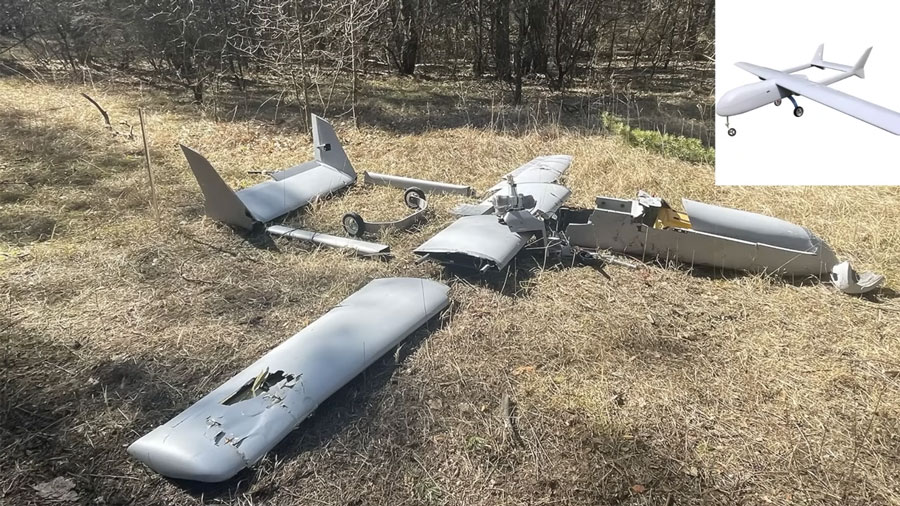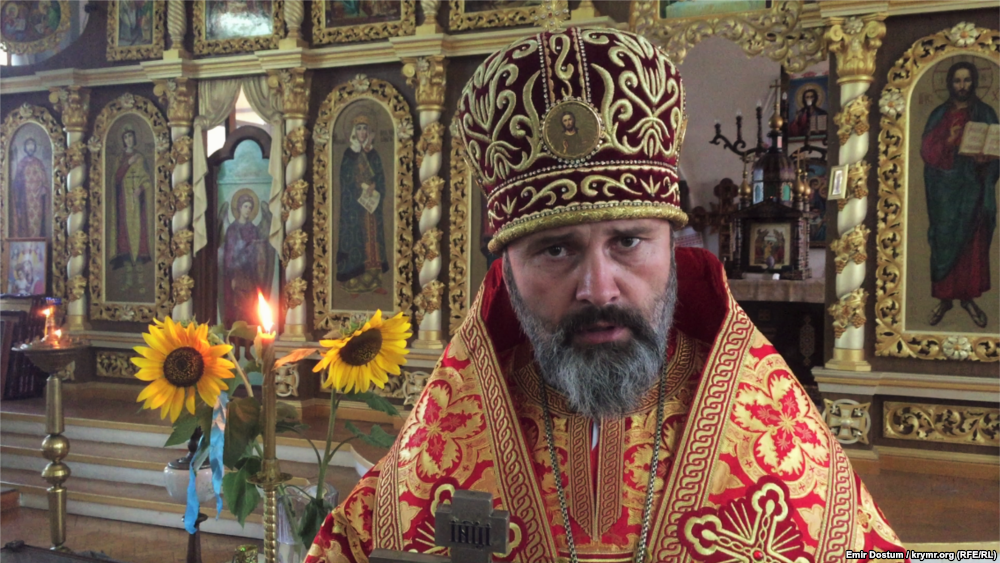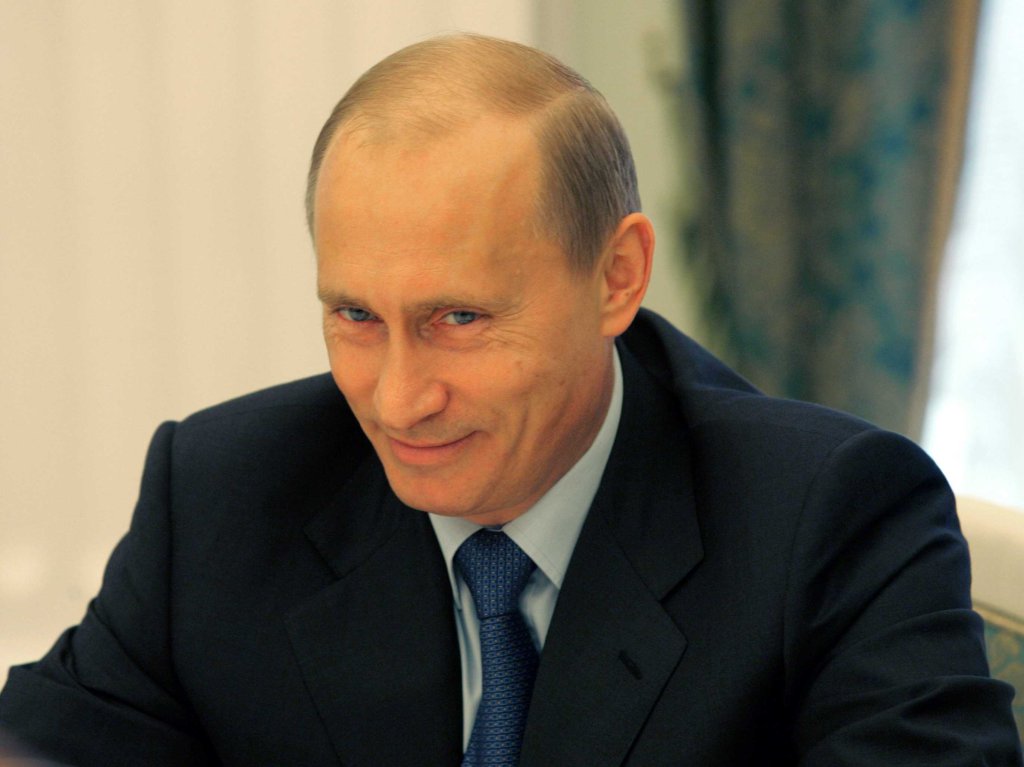According to Christina Quinn, the Chargé d’Affaires at the US Embassy in Kyiv, Russian troop movements along the Ukrainian border and in occupied Crimea are unprecedented and the largest since 2014. Therefore, Ukraine and the West must talk tough and coordinate their actions; otherwise this “poke-and-probe” method will soon grow into an outright case of Russian aggression.
In the event of full-scale escalation, Russia could conceivably achieve a military victory, even at the cost of many losses. However, we should understand that such losses and the risk of being formally named as the aggressor will not stop Russia. The Russian Federation did not hesitate to use military force and ‘look bad’ during the Chechen wars, in Georgia in 2008, in Syria, and in Ukraine.
Moreover, it is highly probable that the Kremlin will make use of one of its favourite narratives of ‘unpredictability’ during further operations (in particular, spreading rumours about the possible use of nuclear weapons in the event of foreign interference in occupied Crimea).
Nevertheless, it would be wrong to consider this escalation purely as a Ukrainian-Russian confrontation. Western leaders, who have not yet realized the scale of this conflict, should think outside the box and see something more than just a conflict between two nations.
This is Russia dealing a major blow to the Western world’s ability to defend its interests in post-Soviet space.
A number of factors point to major Russian aggression:
- the deployment of military field hospitals and fuel depots near the Ukrainian border;
- the arrival of Russian military propagandists Semyon Pegov and Dmitry Steshin in the occupied territories; these men regularly cover military activities of the Russian Federation and its proxies.
We cannot be sure that the Kremlin had a definite purpose when it began moving and amassing its troops closer to the Ukrainian border.
But, we have a situation that is developing before our very eyes, and Kremlin’s actions may directly depend on how Western leaders react to the first stage of escalation.
Despite all the support and assistance that Ukraine has received from the United States, we cannot be sure that the Biden Administration has worked out a functional framework for its new policy toward Ukraine, i.e. has set both permissible and desirable limits. There is certainly a lack of trust in Ukrainian-American relations, given the scandals over the past two years, which were staged with the active participation of Russia and its agents of influence.
Furthermore, the position of the US ambassador to Ukraine remains vacant, a fact that does not inspire confidence between the two nations. The response process will be slow as it is unrealistic to form a qualitative policy ‘via Skype’ in such conditions.
Therefore, given its adventurous foreign policy,[highlight]Russia currently has a unique window of opportunity to change the status quo in the region.[/highlight]
In addition, the escalation is happening with the elections to the RF State Duma looming in the summer of 2021.
The current government in Moscow has always relied on neo-imperialist discourse and brandished the threat of external interference, intensifying certain points of instability, and receiving political dividends from quick victories. It is up to both Ukraine and the Western community to make the price of a hypothetical ‘quick victory’ unacceptable for Russia.
In fact, the world community has a formidable tool at hand – disconnecting Russia from the SWIFT international payment system.
It is worth noting that this escalation occurs just as President Biden is working out his policy towards key global players, and may be aimed primarily at influencing American policy. The Kremlin may try to offer an “exchange” – a lessening of tensions in Ukraine for a quiet agreement on the completion and launch of Nord Stream-2.
Therefore, Germany’s position is more important than ever for Ukraine. In point of fact, the situation could be resolved very quickly if Germany took a firm stance on Russia’s military escalation and the fate of Nord Stream-2.
However, if Germany fails to deliver, it will be much more difficult to convince Russia to step away, to refrain from adding fuel to fire.
If Ukraine’s Euro-Atlantic aspirations and the position of the United States, Great Britain and the European Union fail today, this will mean not just a tactical but a strategic success for the Russian Federation in the region. Central European military and security infrastructures will face a threat that no one could have previously foreseen.
 Yaroslav Bozhko is the Head of the Doctrine Center for political studies, political consultant, and analyst. He holds an MSc in political science from the Kyiv Taras Shevchenko University.
Yaroslav Bozhko is the Head of the Doctrine Center for political studies, political consultant, and analyst. He holds an MSc in political science from the Kyiv Taras Shevchenko University.








